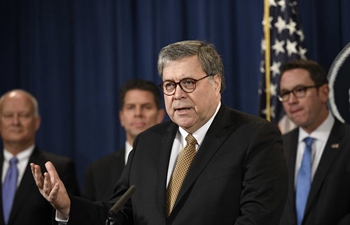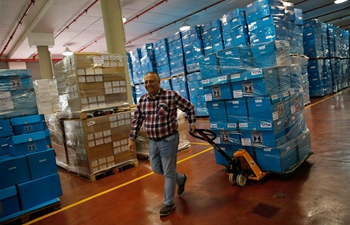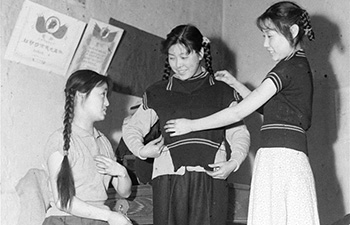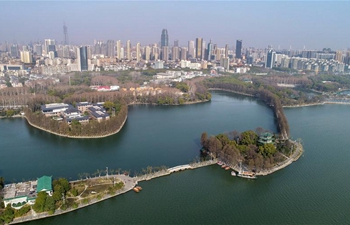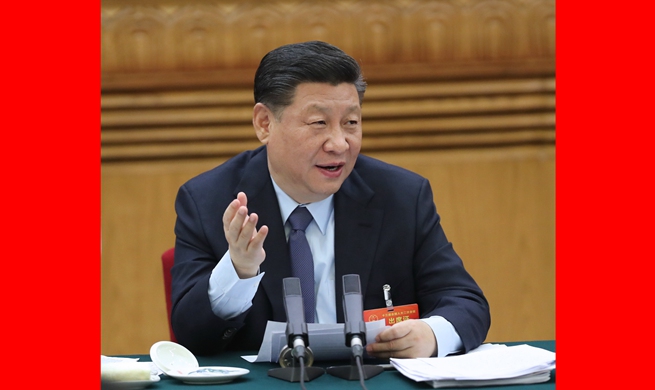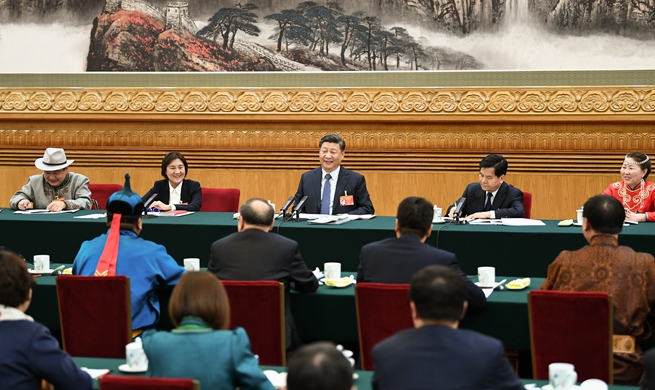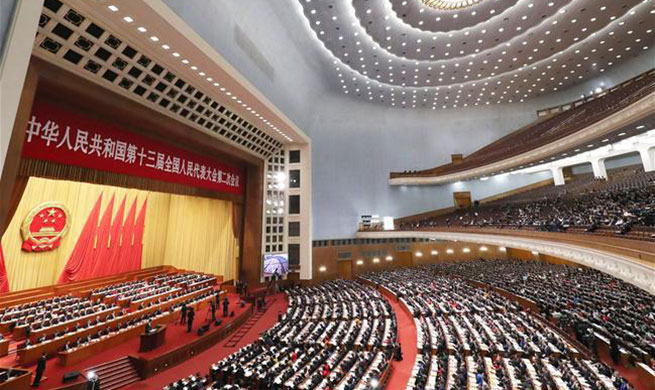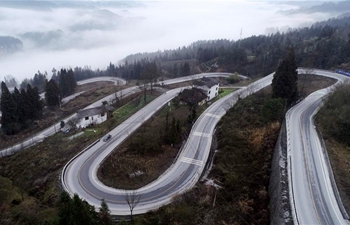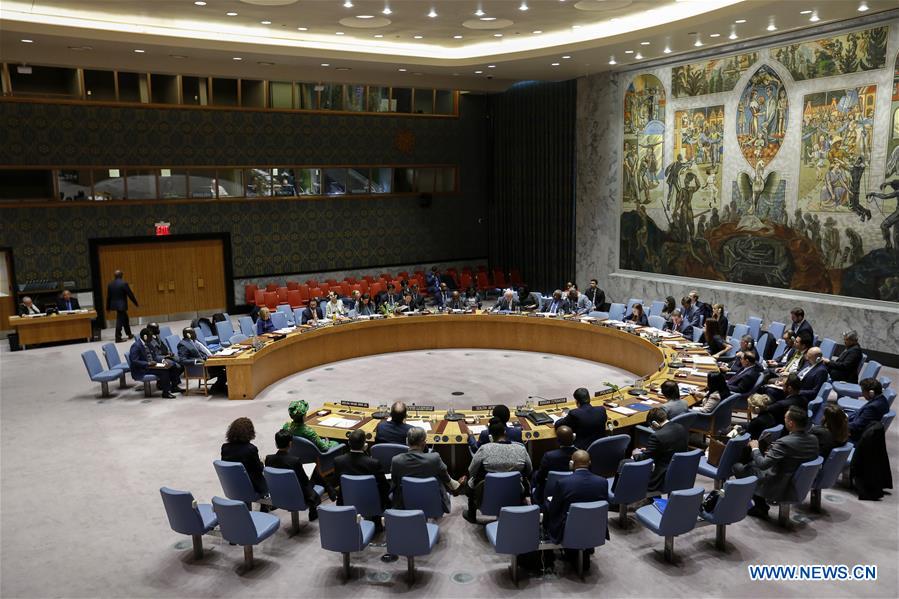
The photo taken on March 8, 2019 shows a meeting of United Nations Security Council on the situation in Sudan and South Sudan at the UN headquarters in New York, March 8, 2019. The UN envoy for South Sudan on Friday stressed the need to "foster greater self-reliance within communities" to improve the humanitarian situation in the conflict-torn country. (Xinhua/Li Muzi)
UNITED NATIONS, March 8 (Xinhua) -- The UN envoy for South Sudan on Friday stressed the need to "foster greater self-reliance within communities" to improve the humanitarian situation in the conflict-torn country.
David Shearer, the special representative of the UN secretary-general for South Sudan, said while the target appeal this year is 1.5 billion U.S. dollars to reach 5.7 million people, "the humanitarian bill is ultimately unsustainable" and "we have felt strongly the need to switch approaches."
He told the Security Council that in the past months, UN agencies and the peacekeeping mission, backed by donors, have begun to focus more on "resilience," which fosters greater self-reliance within communities in more stable areas where a gradual shift away from purely humanitarian support is possible.
He also mentioned a trust fund has been established to reconcile differences between warring communities and to bolster agreements with economic support and services.
According to Shearer, in 2018, donor nations gave more than 1 billion U.S. dollars, more than twice South Sudan's state budget, enabling humanitarian agencies to deliver assistance to 5 million people, or 83 percent of the 6 million they had targeted.
South Sudan, which gained independence from Sudan in 2011, descended into conflict in December 2013 when forces loyal to President Salva Kiir started battling those loyal to Riek Machar, his former vice president.
After a failed deal in 2015, the government and the armed factions signed a revitalized peace agreement in September 2018. The ongoing peace process stipulates a transitional government, with Machar being one of the vice presidents, should take office in May.

